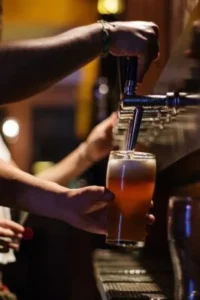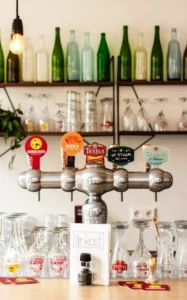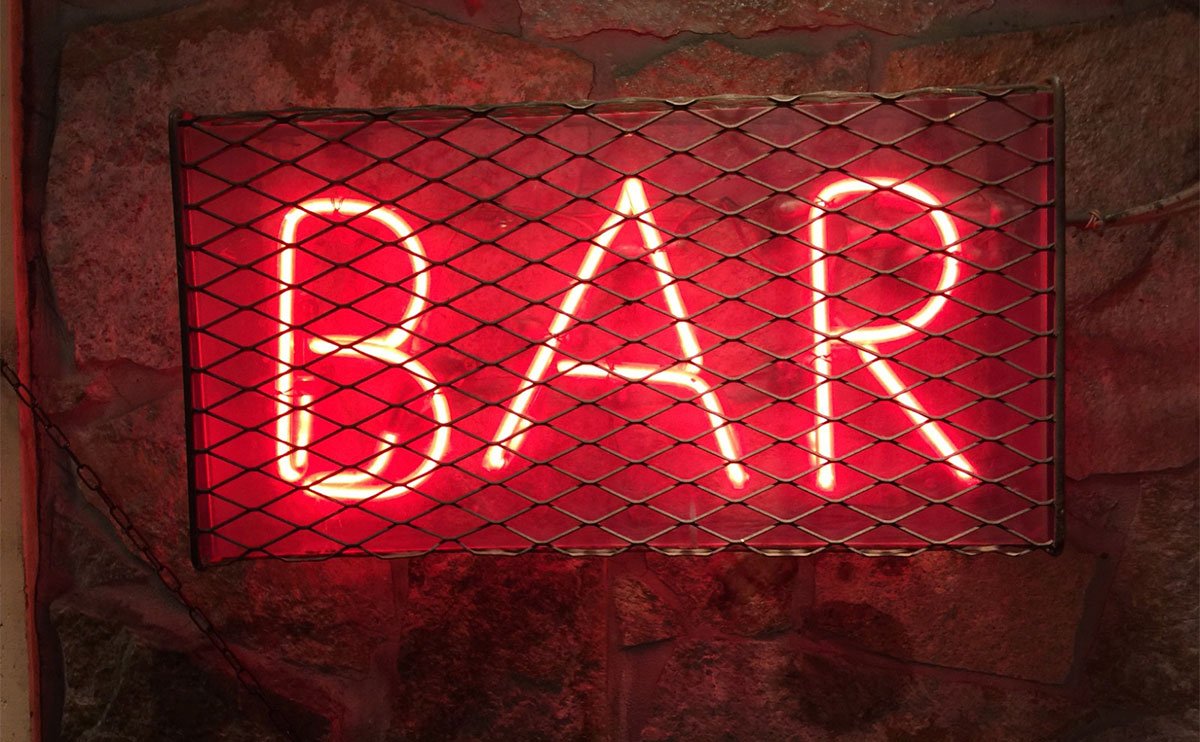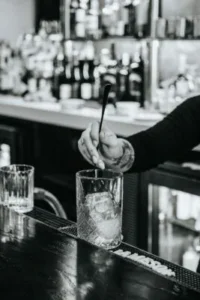Introduction:
Open liquor bars, also known as public drinking establishments, have undergo
The Birth of Taverns: An Age-Old Tradition
The history of open liquor bars dates back to ancient civilizations where taverns were the primary places for social gatherings, refreshment, and drinking. These early establishments often catered to travelers, providing them with food, lodging, and beverages. Taverns played a vital role in fostering a sense of community and facilitating discussions about local news and politics.
The Prohibition Era: A Challenging Time
One of the most significant transitions in open liquor bars occurred during the Prohibition era in the United States (1920-1933). The 18th Amendment prohibited the sale and consumption of alcohol, leading to the rise of illegal speakeasies. These underground bars operated covertly, offering patrons a taste of the forbidden brew. The Prohibition period was marked by organized crime involvement and a surge in alcohol-related criminal activities.
Post-Prohibition: Rebirth and Regulation
With the repeal of the Prohibition in 1933, open liquor bars experienced a revival, leading to the modern bar culture we know today. Liquor laws became more stringent, with licenses and regulations imposed on establishments to ensure responsible drinking and compliance with local laws. The cocktail culture also took off during this period, with bartenders experimenting with various concoctions and mixology becoming an art.
The Rise of Themed Bars and Lounges
As the 20th century progressed, open liquor bars started diversifying their offerings to cater to niche audiences. Themed bars, speakeasy-inspired lounges, and craft beer pubs became popular, providing patrons with unique experiences. These bars often celebrated specific eras, cultures, or themes, enhancing the overall ambiance and attracting customers seeking something beyond a typical bar.
Technology and Social Media: Transforming the Bar Scene
The advent of technology and social media brought about significant changes in the way open liquor bars operate. Online platforms allowed bars to reach a broader audience and promote their offerings effectively. Patrons could now explore reviews, drink menus, and events before even stepping foot inside an establishment. Bars also began utilizing digital ordering systems and mobile apps to streamline service and enhance customer convenience.

In recent years, there has been a growing focus on sustainability and environmental responsibility within the bar industry. Bars have started adopting eco-friendly practices, such as sourcing local ingredients and using biodegradable straws. Additionally, mixologists have explored innovative ways to create cocktails, including house-made syrups, infusions, and sustainable garnishes.
Conclusion:
The transition of open liquor bars throughout history is a testament to the dynamic nature of society, culture, and regulations. From the humble taverns of the past to the themed bars and lounges of today, these establishments have continually evolved to meet the ever-changing needs and preferences of consumers. As we move into the future, open liquor bars will undoubtedly continue to adapt, offering unique experiences and fostering social connections for generations to come.













